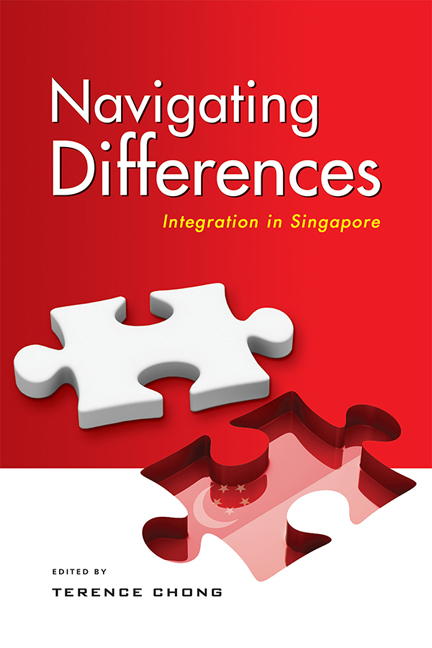14 - Ageing Societies, Age-Inclusive Spaces and Community Bonding
Published online by Cambridge University Press: 24 November 2020
Summary
INTRODUCTION
Imagine the following scenario. Due to the need to stay economically competitive, Singapore keeps building more and more nursing homes. In this way, the adults in the family can concentrate on work and the children can go to school punctually. When the children return home, the foreign domestic worker takes charge of the meals, household chores, and ensures the safety of the children. When the working adults return home in the late evening, the children are ready for bed and the meal is prepared. The children say a quick good night to the tired parents and retire to bed, while the television awaits the latter after they finish their dinner. The day is over. What is missing from this scenario?
Singapore is an ageing society, and it is a reality that cannot be ignored. The main reasons for this demographic phenomenon are the low fertility rate (below replacement level for almost a decade1), the longevity of the population, and the availability of highly advanced medical facilities. We can state that the demographic shift is a testimony of the success of our nation. But the important question is, how does this demographic shift from a youthful to an ageing population affect Singaporeans at large?
We may identify and reflect on the socio-emotional aspects that are not mentioned from the scenario described above. On the surface, practically everything described seems normal and under control. However, humans are also social and emotional beings. Family relationships have to have meaning. So what is missing in the vignette? For one, the presence of grandparents. And if our elders are housed in nursing homes, then the bond between grandparents and grandchildren will never develop, thus depriving young families of the experience, wisdom and support that are unique to multigenerational families. In addition, the value of filial piety is lacking because the opportunity for young parents to demonstrate respect to their own parents and in-laws in order to transmit such values to their children would not present itself. The grandchildren would be deprived of watching their parents as role models of care for the elders in the family and thereby be deprived of learning these subtle values.
Information
- Type
- Chapter
- Information
- Navigating DifferencesIntegration in Singapore, pp. 248 - 258Publisher: ISEAS–Yusof Ishak InstitutePrint publication year: 2020
